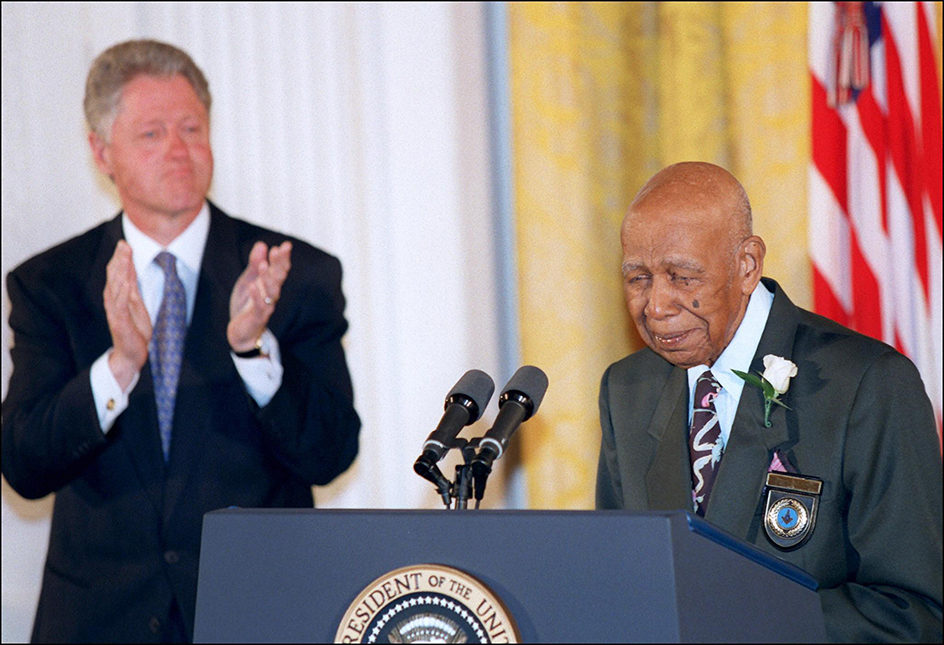Tuskegee Syphilis Study was a notorious medical experiment involving African Americans that had far-reaching effects on human rights and medical research in the United States. The study created public outrage, but it also represents an important landmark in the development of federal laws created to protect human subjects involved in medical research.

In 1932, the United States Public Health Service (PHS) began a scientific study to determine what would happen to individuals infected with syphilis if they received no treatment for the disease. The study, titled The Tuskegee Study of Untreated Syphilis in the Negro Male, was conducted in Tuskegee, Alabama. This city was chosen because of a known high rate of syphilis infection among African American residents. Medical workers conducted blood tests among 4,000 African American men and selected for the study about 400 who were found to be infected with syphilis.
The participants in the study were not informed that they were infected with syphilis or told about the expected outcomes of the experiment. The physicians conducting the study merely observed and recorded the progress of the disease in the men. The participants were told they were being treated for “bad blood,” and they were given only ineffective medical treatment or aspirin. The researchers gained the trust of the unsuspecting participants through the efforts of Eunice Evers, an African American nurse, who attended to the men while knowing they were not receiving proper medical treatment.
The study continued for 40 years. Even when penicillin, an effective cure for syphilis, became available in the late 1940’s, the participants were not treated. Over the years, many of the men in the study developed complications from syphilis, and at least 100 died. The wives of many participants became infected with syphilis during the study. Also, some children of participants were infected at birth.
In 1972, a PHS worker informed a newspaper reporter of the study. When news of the study was published, public outrage forced an abrupt end to the experiment. Only then were the surviving participants provided with proper medical care. An investigation of the study by the United States Department of Health, Education, and Welfare (now the Department of Health and Human Services) led to a report that was published in 1978 and titled Ethical Principles and Guidelines for the Protection of Human Subjects of Research. This report, known as The Belmont Report, led the federal government to create the institutional review boards that oversee all medical research projects conducted in the United States. These boards ensure that all human participants in an experiment are informed of the purpose of the study and consent to participate. In 1997, President Bill Clinton publicly apologized for the government’s involvement in the Tuskegee Syphilis Study.
See also Bioethics; Medical ethics; Syphilis.
